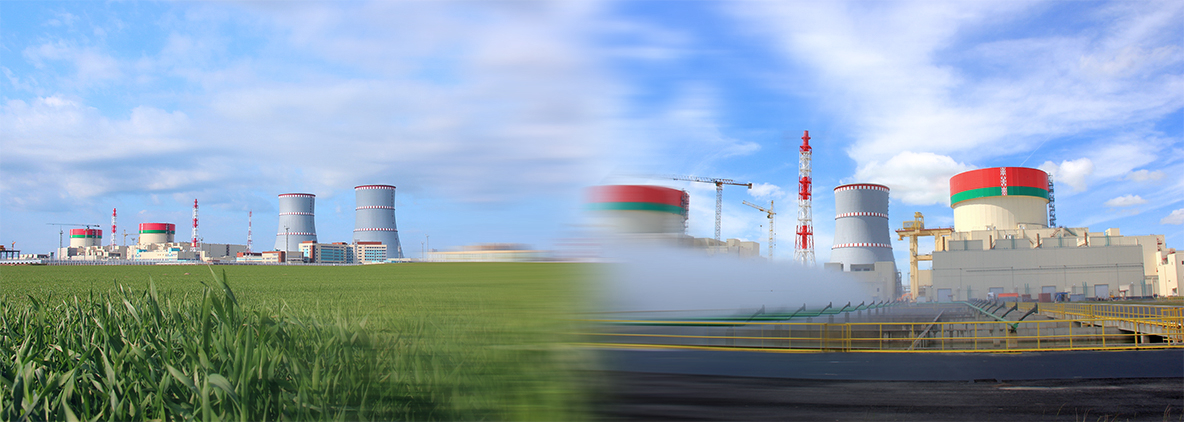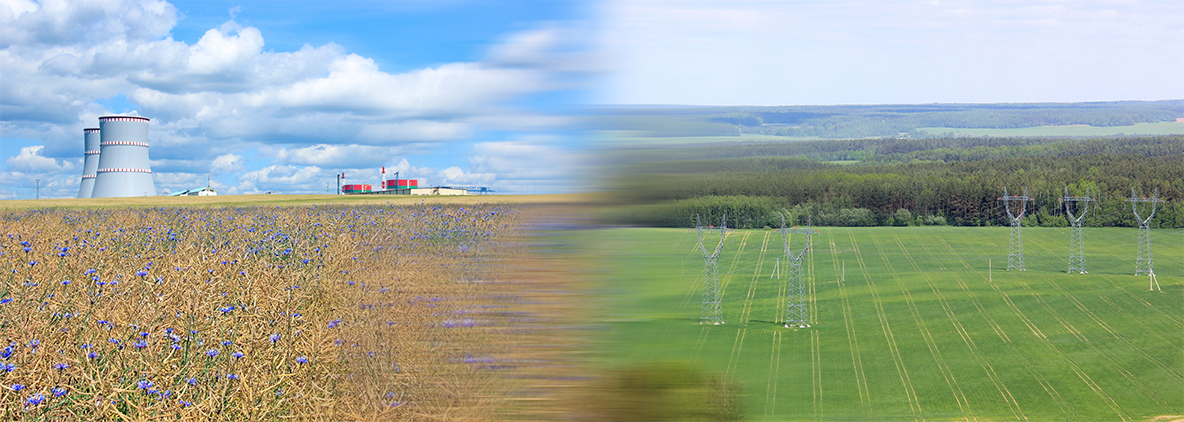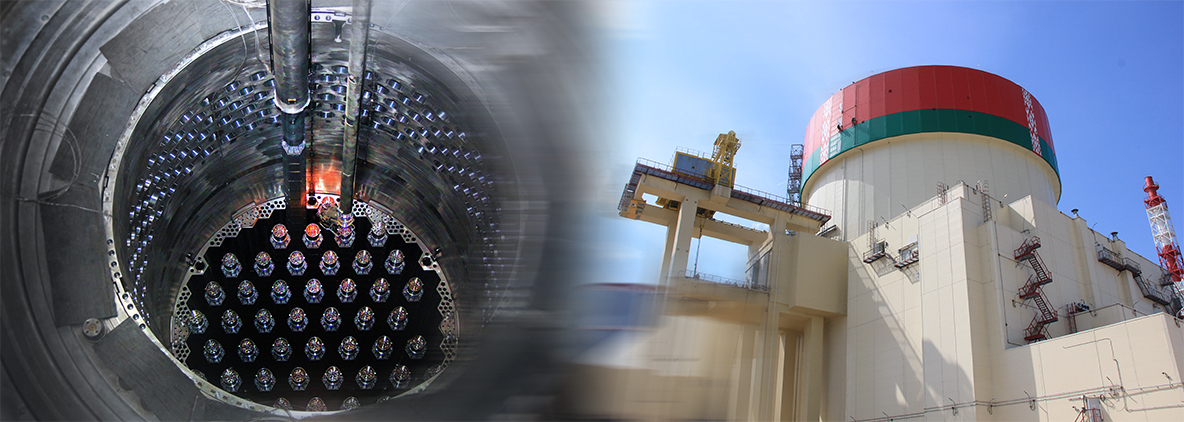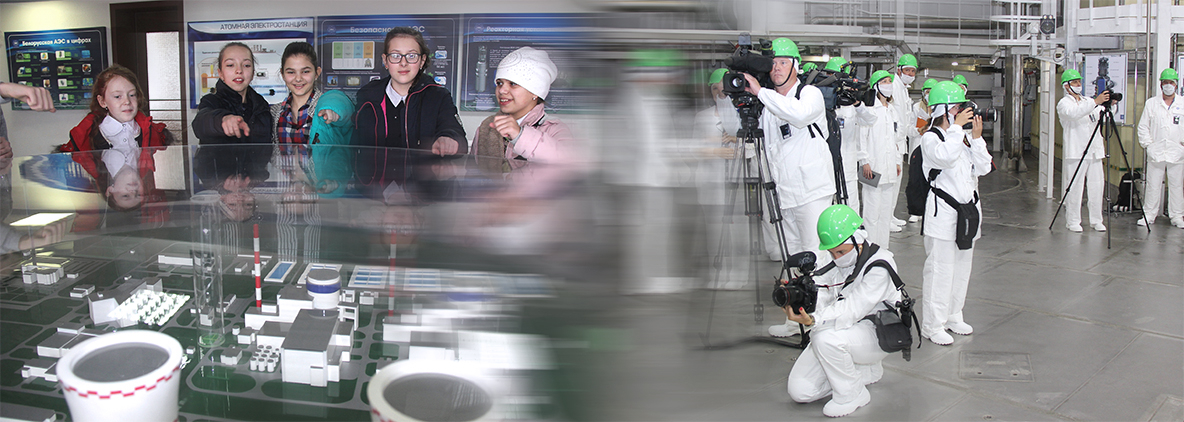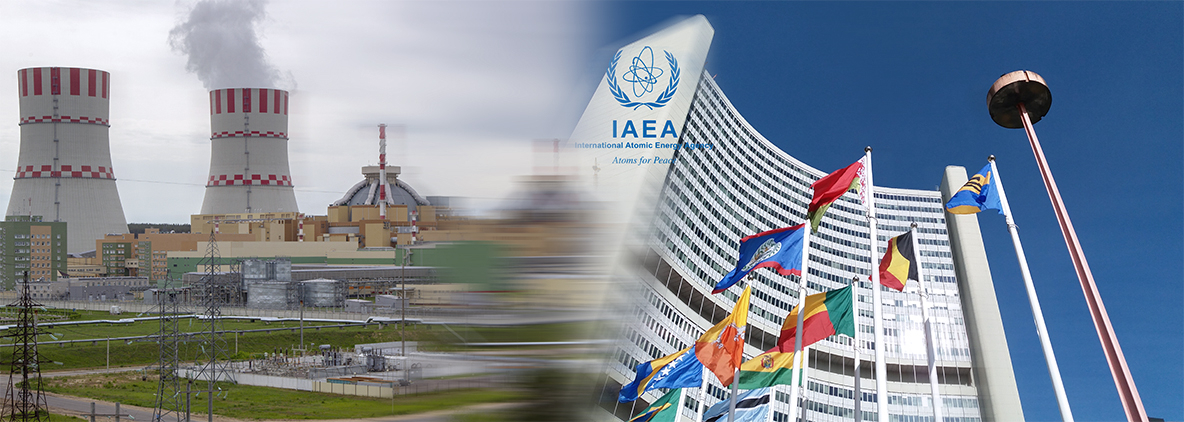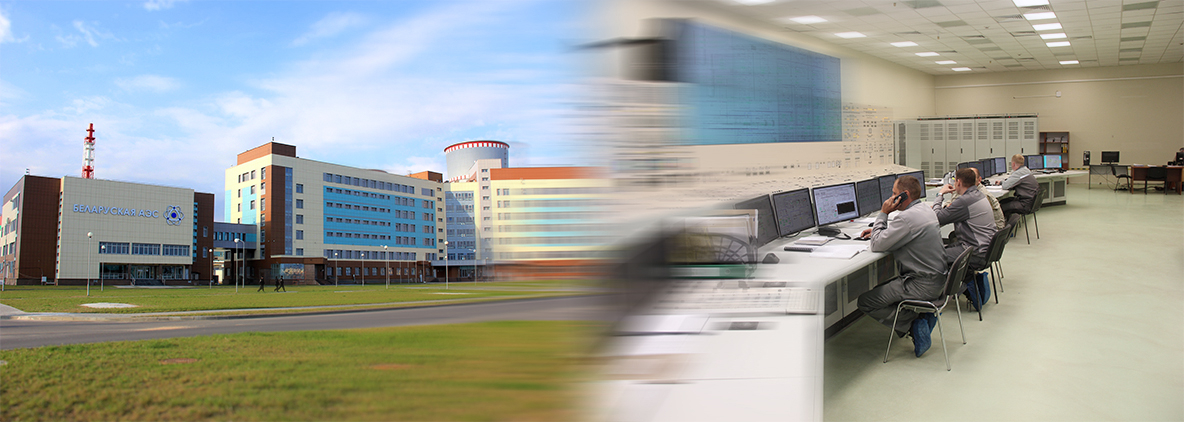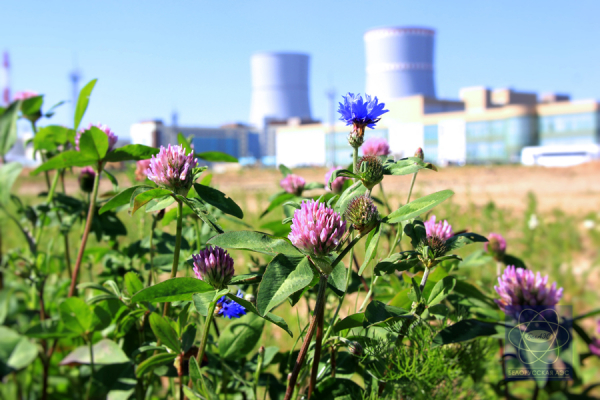In September 2019, the UN Secretary-General held a Climate Summit, at which Belarus announced its intention to make an unconditional commitment to reduce greenhouse gas emissions by at least 35% by 2030 compared with 1990 (then there was a task - by 28%) , and at the expense of own resources. “This is not an ambitious, but very real figure, because the tasks that were set to reduce emissions by 2030 have already been practically completed. Thanks to government programs and a plan to develop a green economy. Although new enterprises appear, emissions no longer become "said Tatyana Kononchuk." The nuclear power plant will have a great effect on reducing emissions by 35%. Under Paris Agreement, this will be a good addition to other measures."
Of course, much more needs to be done to adapt sectors of the economy, primarily agriculture, to the requirements of the time and the new climate conditions, to provide for the reduction of emissions and the revision of business practices of enterprises. By the end of 2022, Belarus plans to adopt a set of documents on adapting various sectors of the economy to climate change. Decisions will be built on the principles of a green economy.
“Green areas are increasing. Today, 45% of the electricity is consumed by the housing stock. Therefore, modernization and the construction of energy-efficient houses also have a big effect,” Tatyana Kononchuk added.
The implementation of the three pilot initiatives of the UNDP Belarus Project: Support for Green Urban Planning in Small and Medium Cities of Belarus (Green Cities) in 2016-2021 will also reduce CO2 emissions by more than 90.000 tons. Due to the mobile component (improvement urban transport and the development of cycling) a reduction of 77.800 tons is expected, the rest is due to energy-efficient measures.






